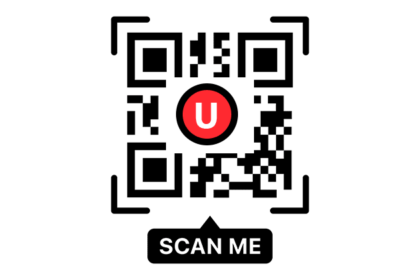The Life Sciences industry has been coping with the rapid changes in technology over the past two decades to support their regulated business, manufacturing, laboratory and clinical systems. To keep pace with this change, organizations are continually evaluating ways to improve Computer System Validation (CSV), a traditionally document centric inefficient process aligned with a waterfall software development life cycle (SDLC). They are pursuing opportunities to improve this regulated process through adoption of automated application life cycle management tools as well as figuring out how to adjust to an agile world.
- There are two key aspects to consider:
One change in CSV is the (slow) elimination and replacement of paper-intensive manual processes that have been the foundation of providing documented evidence that computer systems perform consistently as intended based on a set of defined requirements. Many companies have moved to an electronic document format. Other companies are beginning to embrace the newer approach of data-driven validation.
The second change is the (again, slow) shift from a waterfall methodology to an agile one. This enables companies to move from a more structured, sequential approach to a flexible continuous iterative approach to software development and testing. - Tx3, a technology company that offers Quality and Compliance Management solutions, is championing both changes. “Increasing speed of delivery, improving process efficiency, ensuring regulatory compliance while reducing operational costs are all catalysts in driving these changes,” says Jason Tepfenhardt, CEO and co-founder of Tx3. “Traditional methods of CSV in life sciences are too burdensome and inefficient.”
Tx3 specializes in helping life sciences companies improve software quality processes through the adoption and utilization of modern technologies. “Our solutions provide technical workflow controls and governance across their entire DevOps tools platform,” adds Jason. “Tx3 has designed its solutions in a way that empower business-critical resources to stay focused on their areas of expertise.”
The Tx3 team includes a progressive generation of technology professionals who have deep life sciences industry expertise and experience. Its management team began working together at Genilogix in 2005, forming the Healthcare and Life Sciences Practice and developed the first-generation eSignature solution that enabled the use of HP Quality Center and ALM for managing Computer System Validation. Genilogix was subsequently acquired by Avnet Inc. in 2012. Just two years later, Tx3 Services spun off from Avnet as its own life sciences focused company.
Utilizing a risk-based approach for computer system validation, Tx3 started offering Quality and Compliance Management solutions, including the development of its flagship product VERA (which stands for Validated Electronic Record Approval). VERA drives adoption of agile management and automated testing tools by securing electronic records through customizable workflow controls and electronic signature approvals.
VERA extends process automation across the DevOps tools landscape, enabling integration between different tools to effectively maintain compliance with FDA regulations such as 21 CFR Part 11. VERA also offers a data-driven approach to CSV that provides clients with the ability to focus more on the intended use of the system and less on the documentation. VERA can be used with Tx3’s set of default records management and approval policies or it can be configured to the customer’s own set of rules and approval routes to align with their internal SOPs.
According to Jason, Tx3 recently worked with a large biopharmaceutical company that had implemented several DevOps tools into their SDLC framework, including Atlassian JIRA, Blueprint, Micro Focus ALM, and Tricentis TOSCA. This fragmented approach forced an extensive amount of manual entries resulting in redundant data and poor traceability across the systems. Tx3 was able to integrate all their core software quality tools while enabling a data-driven validation approach. This integrated solution provided data synchronization and end-to-end traceability across four different DevOps tools, leveraging the TaskTop Integration Hub and VERA for electronic record review and approval.
What’s next for Tx3? The company is continuously improving their software solutions, including the completion of their new release of VERA supporting integrations with Atlassian JIRA and Tricentis qTest. Tx3 will increase its portfolio coverage of integrations with leading DevOps and test automation tools such as Tricentis TOSCA, Azure DevOps, ALM Octane, JAMA, Inflectra SpiraTeam and ServiceNow to name a few. Through their relationships with key technology partners, Tx3 will continue to enhance their offerings and expand across the best of breed DevOps tools.










